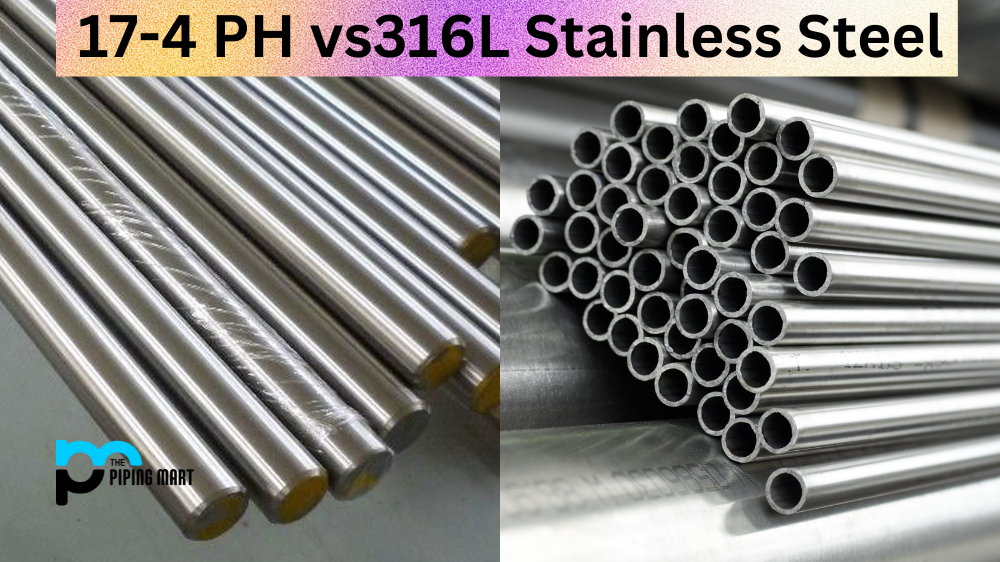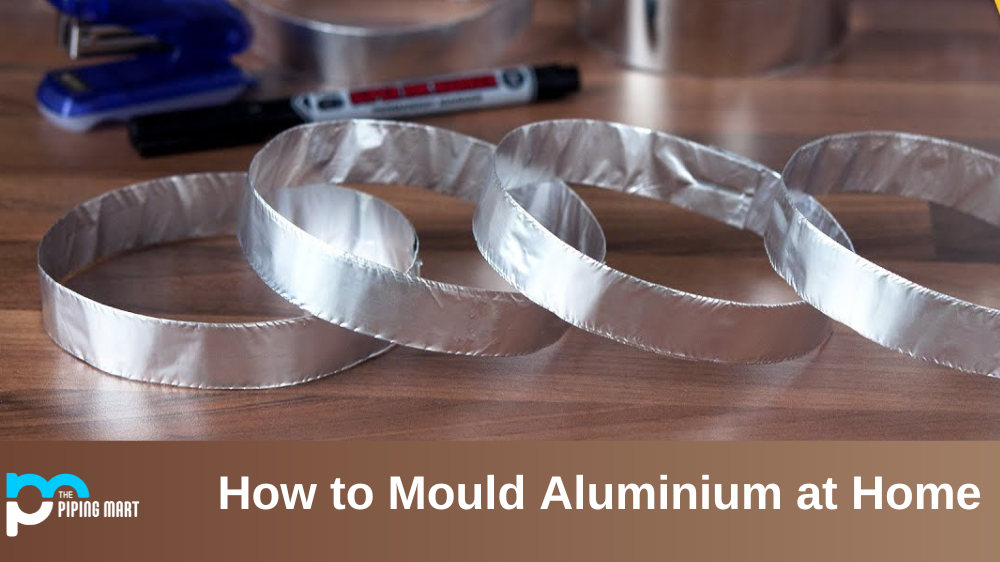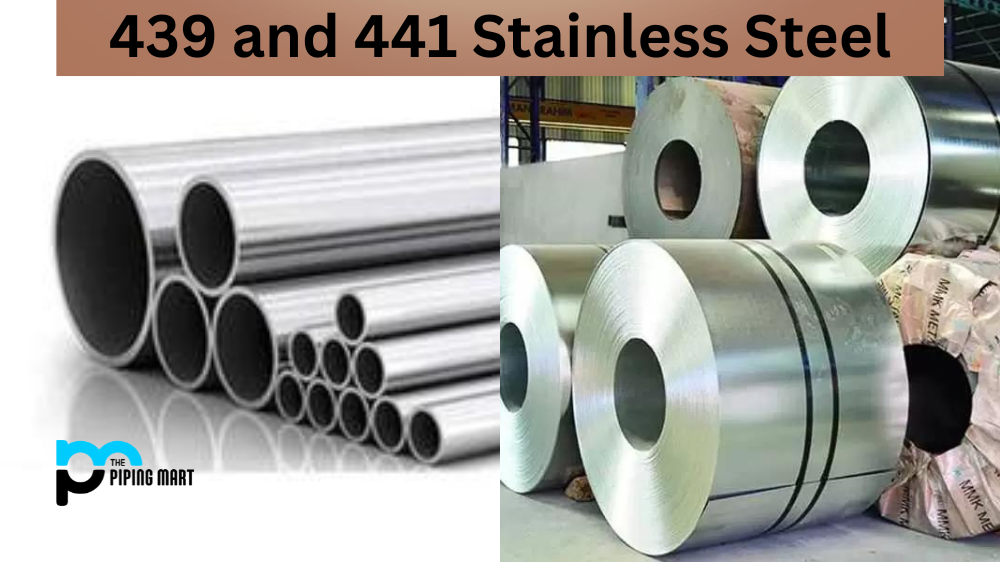When it comes to fishing, the right weight can make a huge difference. Some anglers swear by lead weights, while others prefer tungsten. But what’s the difference between them? Let’s explore the pros and cons of tungsten vs. Lead weights to decide which is best for you.
Tungsten Weights
Tungsten is a dense metal alloy that is more than twice as heavy as Lead—so if you are looking for a weight that will sink quickly, tungsten is your best bet. Several colors are also available, making it easier to find one that matches your bait and conditions perfectly. In addition, tungsten weights don’t require special coatings or finishes like some other materials do because they don’t corrode in water.
However, there are some drawbacks to using tungsten weights over Lead. For one thing, they tend to be much more expensive than their lead counterparts—and in some cases, they can be up to five times more expensive! Additionally, because of their density, tungsten weights can be challenging to work with if you don’t have the right tools on hand. Finally, many people feel tungsten isn’t as sensitive as Lead when feeling bites on the line.
Lead Weights
Lead weights have been around for many years and remain popular due to their affordability and versatility. Unlike tungsten weights, lead ones come in various sizes, so you can find one that fits your needs perfectly. Additionally, since Lead is softer than tungsten, it tends to be more sensitive when it comes to feeling bites on your line—and some anglers believe this sensitivity gives them an edge when fishing certain areas or lures.
On the downside, lead weights are less dense than tungsten, so they will sink slowly and accurately when you cast them out into the water. They also require special coatings or finishes to prevent corrosion from occurring if they get wet—which can add another step (and cost) to your fishing setup process. Finally, since all lead weights are made from gray material, there may not be a color option that perfectly matches your bait or conditions at hand.
Conclusion:
When deciding between tungsten vs. Lead for fishing weights, there is no wrong answer – it simply depends on what kind of fishing you plan on doing and how much money you want (or need) to spend on tackle! Tungsten has its advantages, such as being able to sink quickly and having different colors available, but it can be expensive compared with its counterpart; In contrast, Lead may not sink quite as quickly but offers affordability and sensitivity when feeling bites on the line that some anglers love! Ultimately it’s up to each angler’s preference which type of weight works best for them – so try out both types before making a decision!
Meet Heer, a dynamic and driven writer learning tricks of her trade in the metal industry. With a background in Digital Marketing, Heer brings a unique perspective to her writing, sharing valuable insights. Apart from blogging she like reading and hiking.




